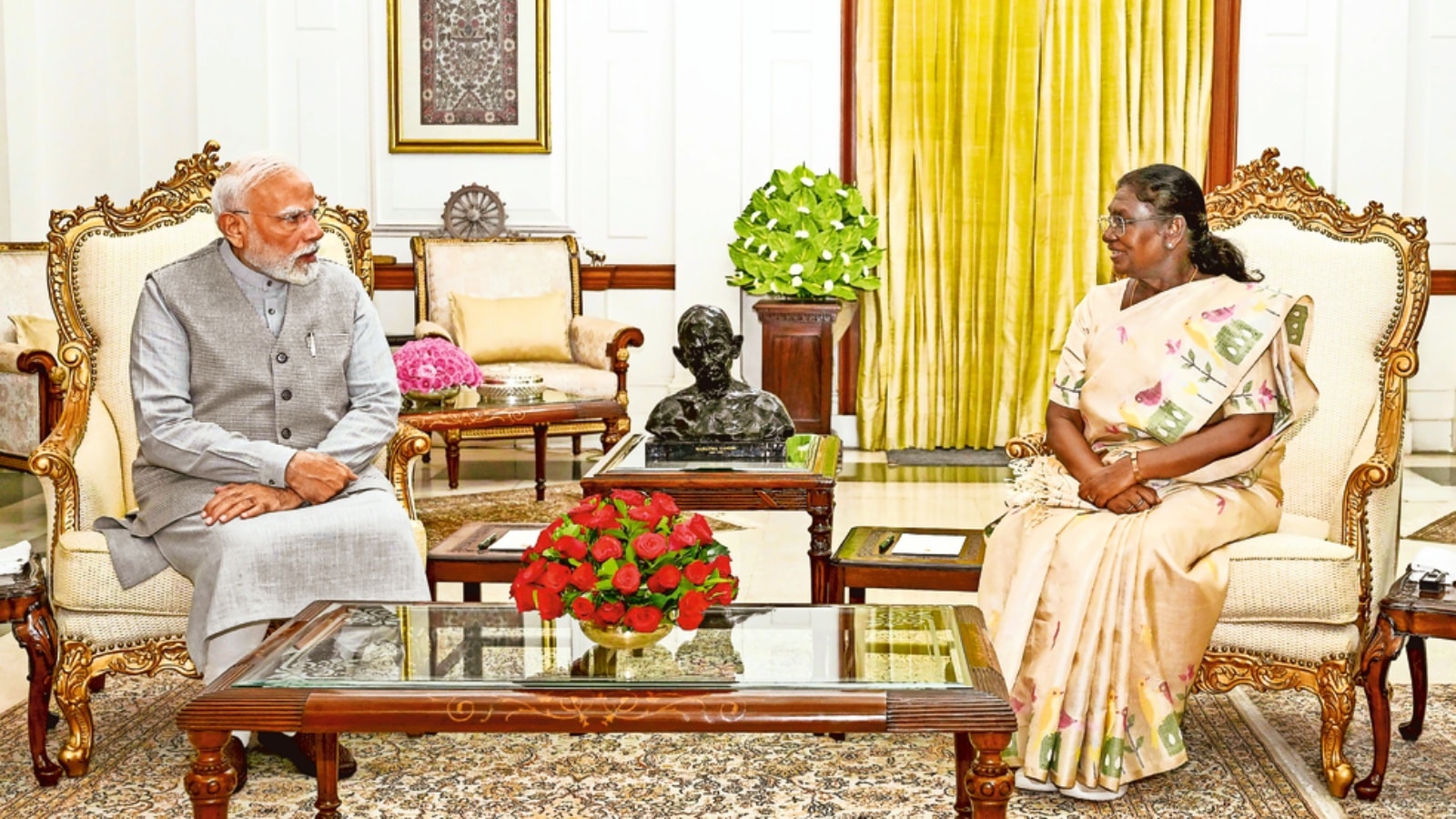‘Our response is you hit us, we won’t hit you back, nor will we do your bidding’
Why it matters
- India is sending a clear message of self-determination in its foreign policy, emphasizing that it will not be coerced into conflict.
- The statement reflects the growing assertiveness of India's diplomatic posture on the global stage.
- It highlights the delicate balance India seeks to maintain in international relations amid rising tensions.
In a recent statement that underscores India’s evolving diplomatic stance, officials articulated a commitment to restraint in response to provocations. The sentiment was captured in a blunt assertion: “Our response is you hit us, we won’t hit you back, nor will we do your bidding.” This declaration not only highlights India's reluctance to engage in retaliatory actions but also emphasizes its desire to maintain sovereignty and independence in its foreign policy decisions.
As tensions continue to simmer in various geopolitical hotspots, India's leadership appears to be navigating a complex landscape where external pressures are juxtaposed with domestic imperatives. The phrase reflects a broader strategic approach that is gaining traction in New Delhi, one that prioritizes dialogue and diplomacy over knee-jerk reactions to provocations.
This shift in rhetoric aligns with a trend observed in recent years where India has sought to assert its agency on the global stage. The country is increasingly aware of the need to craft its narrative and actions in ways that reflect its aspirations as a rising power. By making it clear that it will not be drawn into a cycle of retaliation, Indian officials are signaling a desire to foster a more stable and constructive international environment.
In the context of escalating tensions with neighboring countries and fluctuating global alliances, India’s commitment to non-retaliation may serve as a stabilizing factor. The government seems to be advocating for a diplomatic approach that prioritizes long-term relationships over short-term gains, a strategy that could yield dividends in terms of international cooperation and mutual respect.
Moreover, this statement can be seen as part of a broader narrative where India positions itself as a responsible player in the international community, one that seeks to resolve disputes through dialogue rather than military engagement. This stance could resonate well with other nations that share similar views on the importance of diplomacy in managing international relations.
The current geopolitical climate is marked by uncertainty, with various nations jockeying for influence and power. In this context, India's declaration of non-retaliation appears to be a calculated move to carve out a distinct identity on the world stage. It suggests that India is not merely a passive actor reacting to provocations but rather an assertive nation that will chart its course based on its own values and interests.
Furthermore, this approach may have implications for India’s bilateral relationships, particularly with countries that have historically had contentious interactions. By refusing to be provoked into conflict, India may be opening doors for constructive engagement with nations that might otherwise be adversarial. This could lead to opportunities for dialogue and collaboration on pressing global issues such as climate change, trade, and security.
The statement also reflects an awareness of the internal dynamics within India, where public sentiment often reacts strongly to perceived threats from abroad. By adopting a more measured tone, the government may be seeking to mitigate domestic tensions while projecting strength and resolve on the international stage. This balance is crucial as India continues to navigate its path in a rapidly changing world.
In summary, India’s declaration of non-retaliation and independence from external pressures marks a significant moment in its diplomatic history. It encapsulates a broader strategy aimed at asserting national sovereignty while fostering a climate of dialogue and cooperation. As New Delhi continues to shape its foreign policy in the coming years, this approach could redefine its relationships with both allies and rivals, ultimately contributing to a more stable and peaceful global order.











